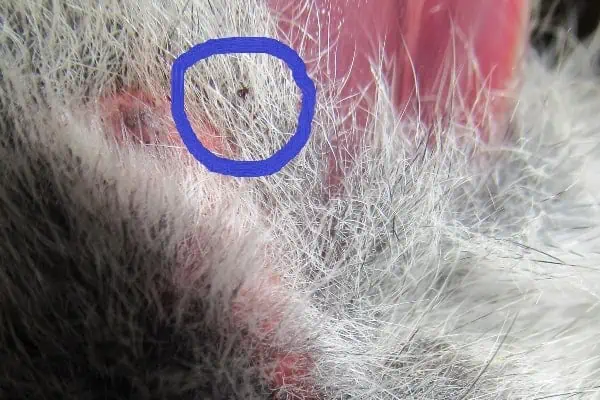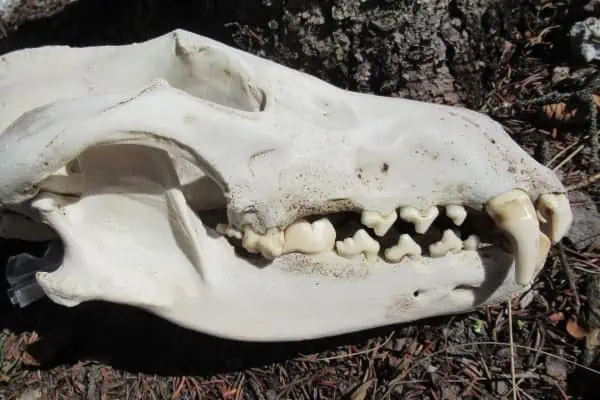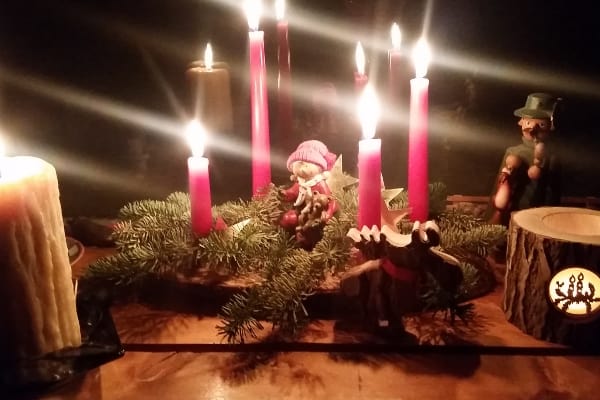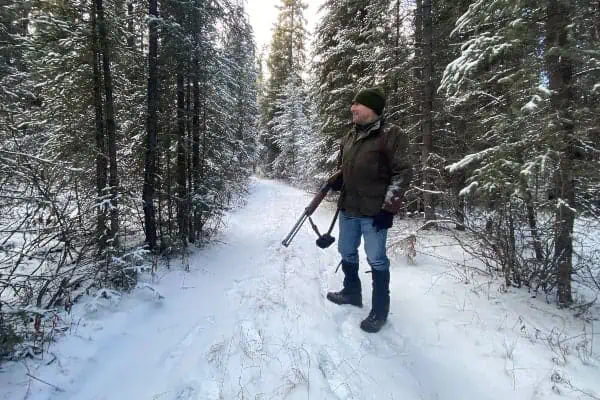Since the early Gold Rush days, hunting and fishing have played a major role in tourism in the Yukon. In 1941, the new Alaska Highway rolled in across the Yukon, and hunters, fishermen and campers followed.
During the war years, wildlife received a serious crush in the harvesting of game animals. It was not until 1945, when the Yukon Fish and Game Association, with its 207 members, started to put pressure on the territorial and federal governments to institute strong hunting and fishing regulations. Since the early days following the Second World War, the Yukon Fish and Game Association and the Yukon Outfitters Association have played a major role in developing game laws, not only for fishing and hunting regulations but also for the future protection of wildlife habitats.
The word outfitter (prior to 1947) meant little more than the store or company that supplied hunting and fishing material. In 1947, the government of that day passed a game ordinance that labelled an outfitter as a person who engaged in the actual guided hunting of game animals or birds in the Yukon.
The outfitters’ business became big business for some. In 1956, outfitters would guide about 70 hunters a year. By 1976, those numbers climbed to over 400, of which 10 percent were from European countries. Prior to COVID-19 settling into the Yukon, 5,219 hunting licenses were sold, of which close to 300 were non-resident licenses.
Fishing licenses were by no means a minor revenue for the Yukon government. From 2018–2019, these sales brought in 19,446 dollars, alone, for paper licenses. Camping license fees brought in an additional $3,227, which actually climbed to $4,515 in 2021.
In the NWT, an outfitter’s business brings in close to 30-million dollars a year for a guiding business. In the Yukon, a single bear hunt with a professional outfitter would cost a hunter $18,000. That includes accommodations and food and guiding service. Should the hunter want to take a tour of the Yukon, that is all extra for the tourist industry—and that means more jobs and revenue for Yukon residents.
1 thought on “The value of hunting & fishing to tourism in the Yukon”
Leave a Comment
You must be logged in to post a comment.





Interesting and informative read Murray.